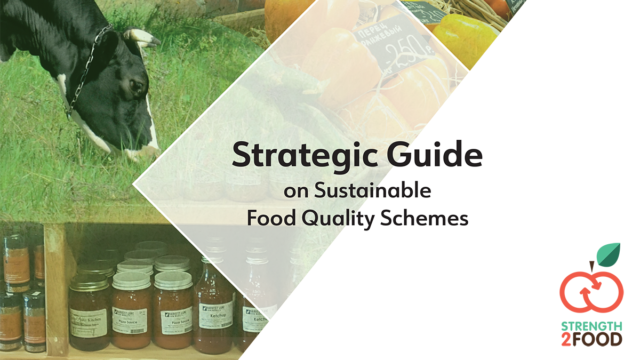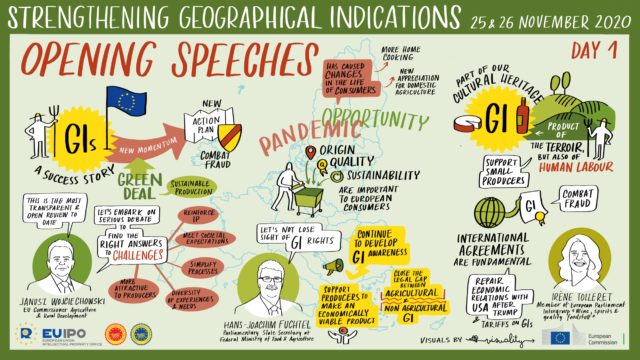
“Strengthening the resilience of Food Systems: the role of Short Food Supply Chains”
The United Nations Industrial Development Organization (UNIDO) just released its guide on Short Food Supply Chains (SFSCs).
The new UNIDO publication, titled “Short Food Supply Chains for promoting Local Food on Local Markets”, by Giovanni Belletti and Andrea Marescotti, gives an insight over the main typologies of SFSCs initiatives and discusses their potential benefits and drawbacks. The ultimate goal is to raise consciousness on the potential of SFSCs initiatives for achieving local development, better market access to smallholders, and higher food quality to consumers, and to discuss how these initiatives may be developed in a sustainable way, allowing for higher resilience in front of global market disruption.
The first section introduces the main features of SFSCs, as well as the general framework and basic concepts. In particular, the publication explains how the concept of local food is quite flexible and thus implies a variety of definitions, ranging from the simple criterion of distance between production and consumption place, up to more articulated ones which includes other economic, social, cultural, environmental criteria.
On the complex end of this continuum, “origin” or “typical” products find their place. The link between these products and their place of production is characterised by the specificity of local resources used in the production process, history of the products and the production and consumption tradition, and their collective and patrimonial dimension.
The second section describes the main typologies of SFSCs initiatives, starting from those promoted by farmers (both individually and collectively), then analysing consumers-driven initiatives, and finally introducing other SFSC initiatives where the link between farmers and final consumers is mediated by an intermediary step.
Section 3 analyses potential benefits and limits of SFSCs for producers, consumers, and society as a whole, while section 4 focuses on main functions affecting the performance of SFSC initiatives.
Finally, the last section draws some conclusions and recommendations to support a careful planning of new SFSC initiatives aiming at promoting local agriculture.
Click here to download the full publication.










